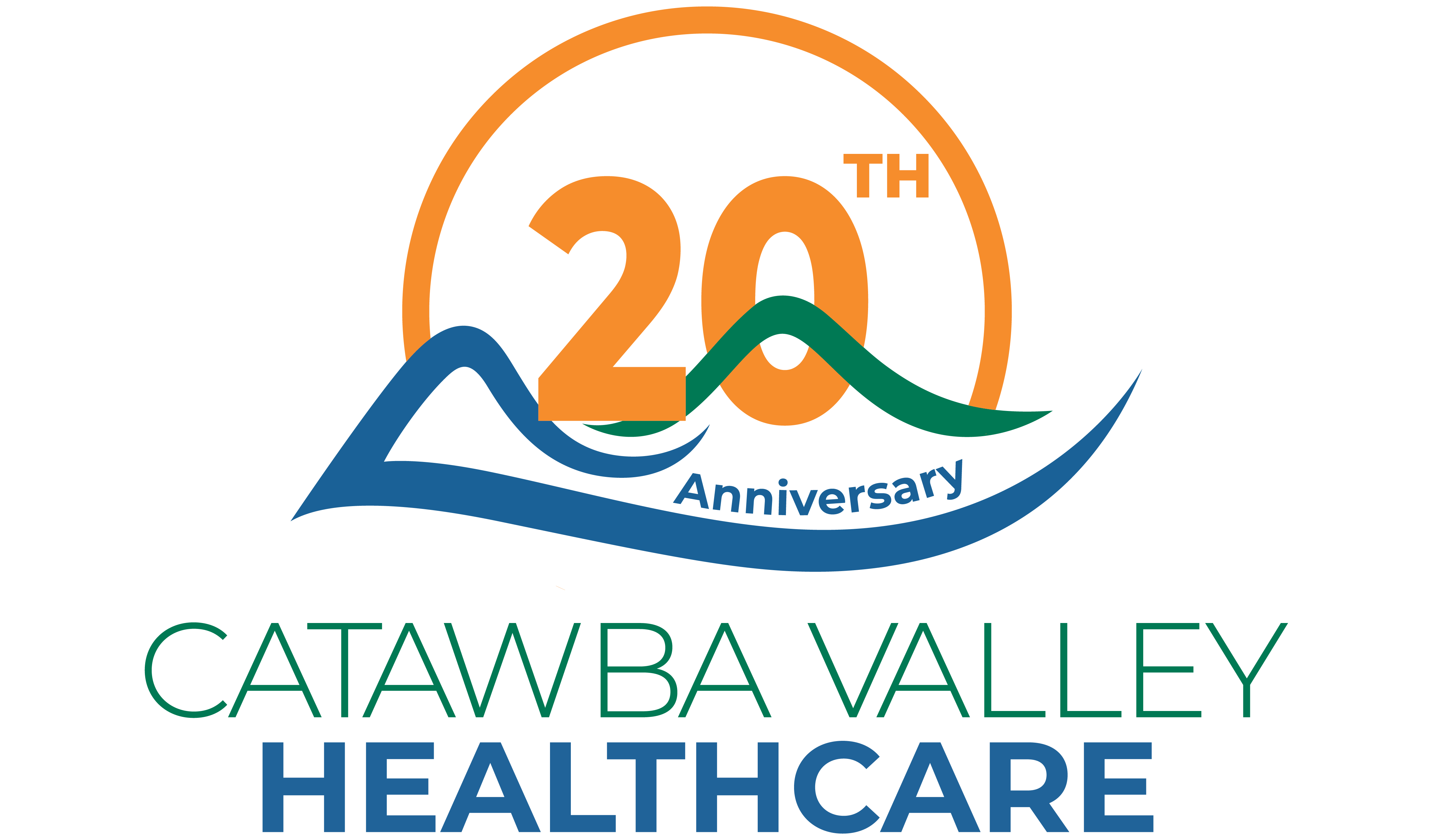Minor Injuries and Procedures
Minor Injuries and Procedures
The term minor injuries covers a wide range of nonemergency events from cuts, wounds, sprained ankles, pulled muscles, bad bruises and swelling, infected toenails, and more.
If your minor injury is not an emergency but needs same-day attention, call our Primary Care clinic. Our providers at Catawba Primary Care can treat a wide range of these minor injuries in our primary care clinic during a same-day acute visit. Receiving treatment in your primary care clinic whenever possible instead of heading to an urgent care center is a best for you and your provider relationship. As your primary medical home, Catawba Valley Healthcare wants to be on top of all of your medical needs. This helps your providers get to know you well, better understand your medical history, (including major and minor conditions), and connect with you when you most need them.

Here is a more extensive list of some of the injuries and conditions that our providers can treat in our primary care clinic:
- Wounds, including abrasions, laceration, punctures, or avulsions
- Minor burns
- Ingrown and infected toenails treatment and toenail removal
- Mole and cyst removal
- Skin biopsies
- Minor sports or physical injuries:
- Achilles tendinitis
- Jumper’s knee
- Little League elbow
- Minor cuts requiring stitches
- Rotator cuff injuries
- Runner’s knee
- Shin Splints
- Sprains
- Strains
- Tennis elbow
- Joint injections
If your minor injury needs attention on the weekend or after hours, you will, of course, need to go to an urgent care center. However, checking in with your primary care provider after an urgent care center or emergency room visit for a follow-up visit is often an important next step if your issue needs further monitoring. Even if you do not need a follow-up appointment, it is helpful to let your primary care provider know you had a minor injury so the event can be documented in your medical record for future reference.
Minor vs. Major Injuries
Suppose you pull your back out or twist your ankle while working in the yard. You might easily decide that your injury can be treated at your primary care clinic (or an urgent care center if the clinic is closed) rather than a hospital emergency room. However, the differences between minor and major injuries are not always so apparent, and knowing the difference could, in some cases, save your life.
What is the difference? A major injury is any injury that could potentially lead to death or a prolonged disability.
Examples of major injuries include:
- Injuries that lead to chest pain, paralysis, severe bleeding, unconsciousness
- Any type of head or eye injury
- Severe or extensive burns
- Gunshot wounds
- Compound fractures
- Deep lacerations or stab wounds
If you think your injury is a major injury, dial 911 if needed or go to your nearest hospital emergency room without delay. Emergency professionals are equipped to manage severe and life-threatening symptoms such as severe bleeding, swelling, shock, and cardiovascular complications.
Minor injuries, on the other hand, can indeed be painful. But they do not threaten your life. For your minor injuries that only involve moderate pain, minimal swelling, limited motion, and other mild symptoms call our clinic for a same-day acute appointment or go to an urgent care center nearby.
It is important to get medical attention if you have any doubts, concerns, or questions about your minor injury. Sometimes minor injuries heal on their own; sometimes, they lead to complications. When in doubt, let a medical professional assess your minor injury and make the call on the next best steps toward full recovery.
Our caring, professional providers will ensure you are treated as quickly and as carefully as possible and will relieve you of pain and worry so you can get back to your daily activities as soon as possible.
Call us today at Catawba Valley Healthcare for all of your minor injuries at (828) 695-5900.
